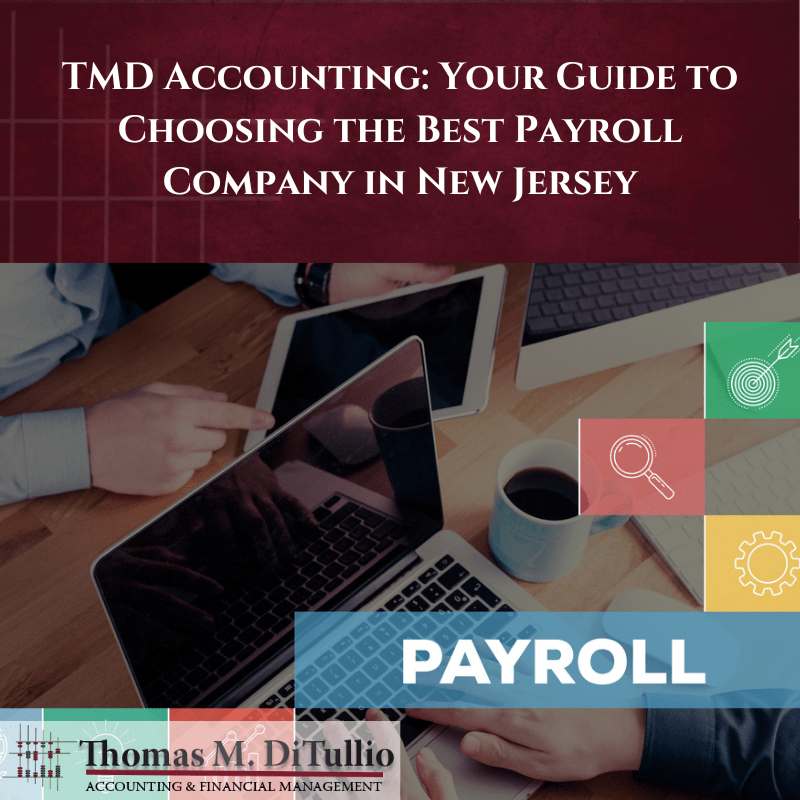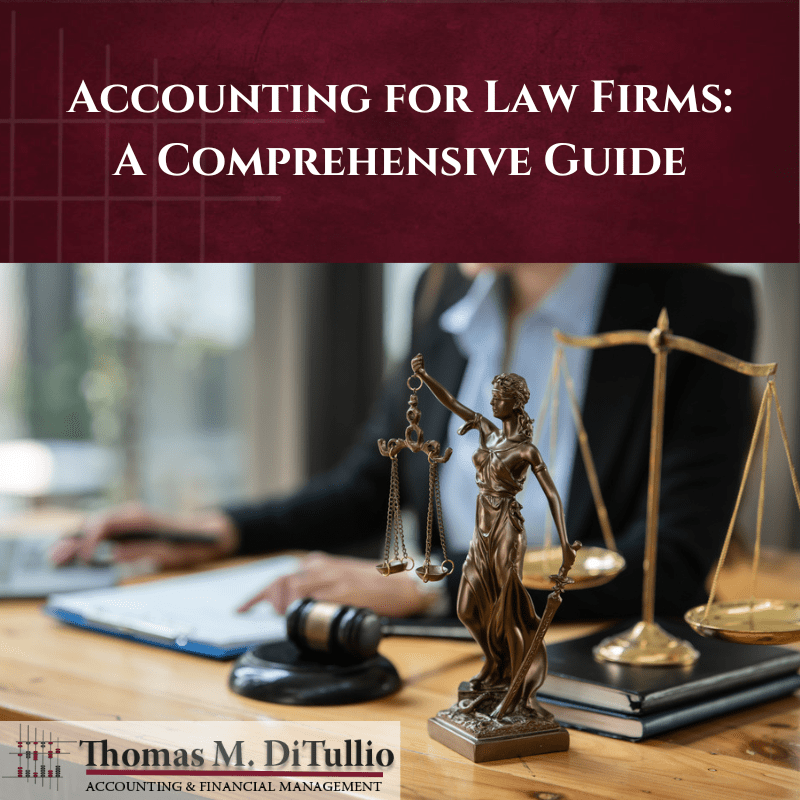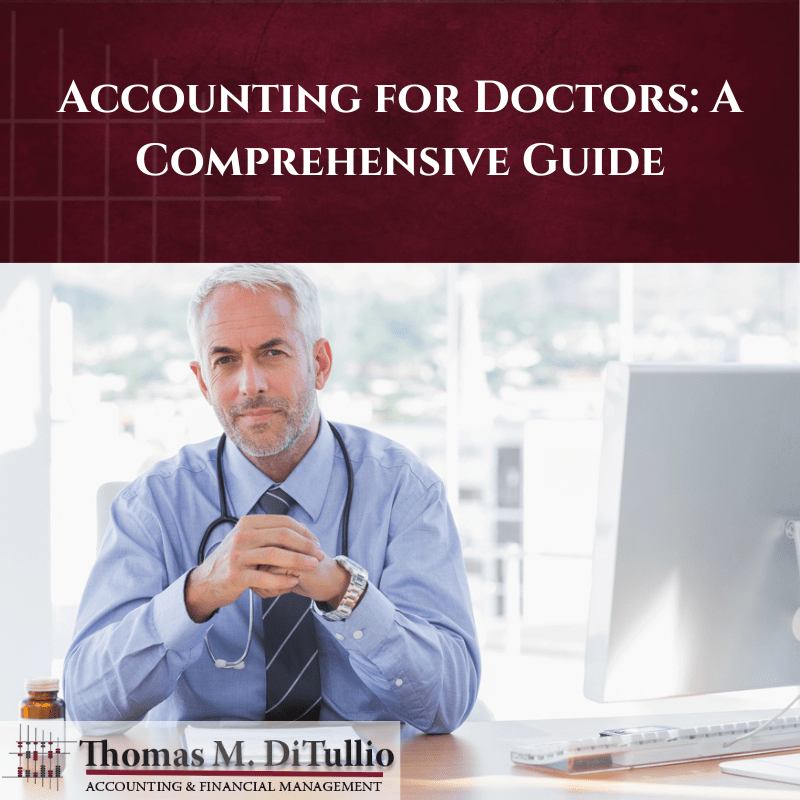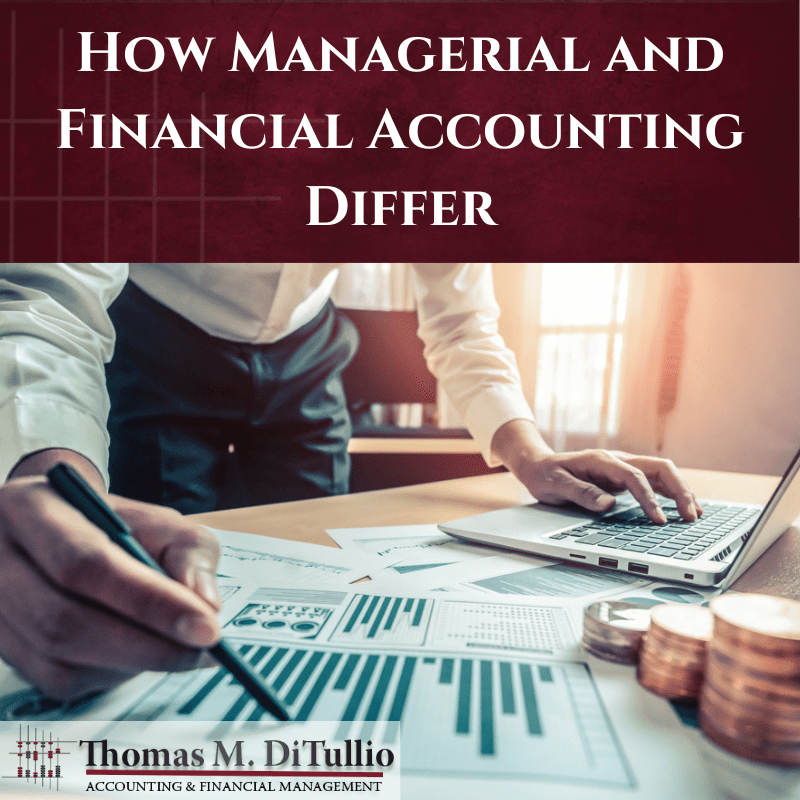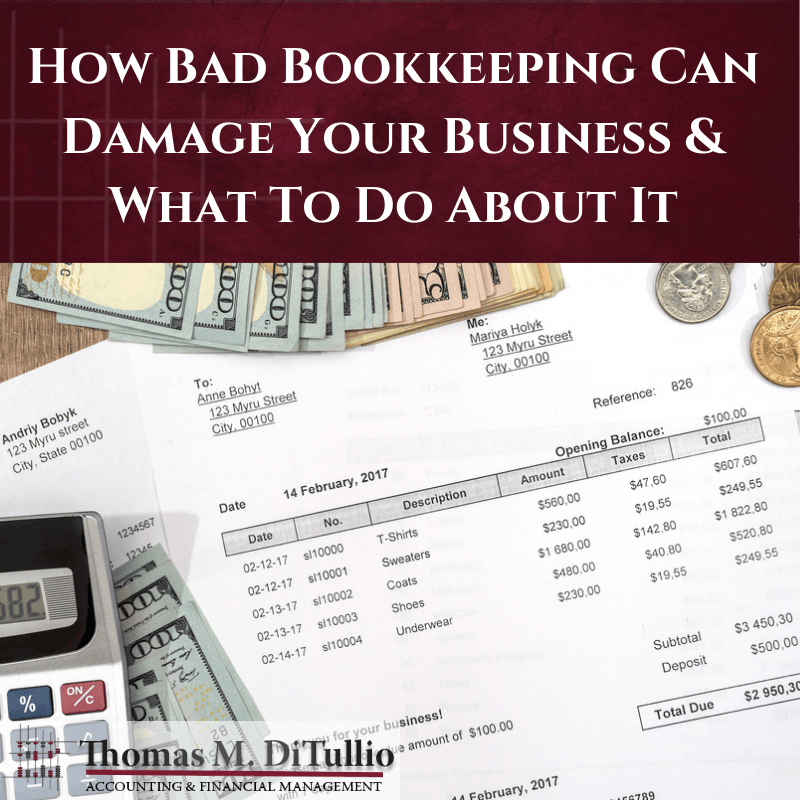TMD Accounting: Your Key to Streamlined Restaurant Bookkeeping
Picture this: You’re knee-deep in the dinner rush, the aroma of sizzling steaks and fresh bread filling the air. Orders are flying in, your staff is hustling, and the energy is electric. But amidst the controlled chaos, a nagging worry persists – the mountain of paperwork waiting for you when the last customer leaves. Sound familiar?
According to a recent study, 70% of restaurant owners report feeling overwhelmed by bookkeeping tasks. Between managing inventory, payroll complexities, and ever-changing regulations, keeping your restaurant’s finances in order can feel like a constant uphill battle. But it doesn’t have to be this way.
At TMD Accounting, we understand the unique challenges and daily pressures faced by restaurant owners. We believe that efficient and accurate bookkeeping shouldn’t be an added burden, but rather a powerful tool for streamlining your operations, empowering informed decision-making, and ultimately, fueling the growth and success of your restaurant.
Here, we’ll delve into the unique challenges of restaurant bookkeeping, explore the benefits of efficient financial management, and showcase how TMD Accounting’s comprehensive restaurant bookkeeping services can be the key to unlocking a smoother, more profitable future for your business.
Key Takeaways
- Restaurant bookkeeping presents unique challenges compared to other industries due to high-volume transactions, complex inventory management, specific payroll complexities, and various tax regulations.
- Efficient bookkeeping empowers restaurants with improved financial visibility, streamlined operations, enhanced decision-making, and reduced stress and compliance risk.
- TMD Accounting offers comprehensive restaurant bookkeeping services, including daily transaction recording, payroll processing and tax filing, inventory management, financial reporting and analysis, and tax planning and compliance.
- Partnering with TMD Accounting provides restaurants with the expertise, technology, and strategic guidance to overcome bookkeeping challenges, achieve financial clarity, and focus on growth.
Understanding the Unique Challenges of Restaurant Bookkeeping
Unlike traditional retail businesses, restaurants face a unique set of bookkeeping challenges that go far beyond simply recording income and expenses. Here’s a closer look at some of the major hurdles that restaurant owners often encounter:
- High-Volume Transactions: Restaurants operate in a fast-paced environment, often dealing with a constant flow of cash transactions. This necessitates robust accounting systems and meticulous record-keeping to ensure accuracy and avoid missing critical financial data. Reconciling daily sales receipts, credit card slips, and other payment methods requires both efficiency and a keen eye for detail.
- Inventory Management: Inventory control is a crucial aspect of restaurant profitability. Accurately tracking food and beverage inventory, from initial purchase to final preparation and service, is essential for controlling costs and preventing waste. This involves managing diverse inventory items with varying shelf lives, fluctuating prices, and potential spoilage, making it a complex task compared to the more straightforward inventory of other businesses.
- Payroll Complexities: Restaurant payroll goes beyond simple hourly wages. It involves factoring in server tips, overtime calculations, and industry-specific regulations, such as minimum wage requirements and tip credit laws. Managing payroll accurately and ensuring compliance with complex tax regulations can be a significant burden for restaurant owners without proper bookkeeping expertise.
- Tax Compliance: Restaurants are subject to a multitude of tax regulations, including sales tax, liquor tax, and payroll taxes. Staying compliant with these regulations requires a deep understanding of tax laws and meticulous record-keeping. Even minor inconsistencies can lead to penalties and legal issues, highlighting the importance of accurate and timely tax filing, which can be a major challenge for restaurant owners juggling daily operations.
Benefits of Efficient Bookkeeping:
Investing in efficient bookkeeping practices reaps significant benefits for restaurants, allowing them to:
- Gain Improved Financial Visibility: With accurate and comprehensive financial data, restaurant owners can gain valuable insights into their profitability, operational costs, and areas for improvement. This empowers them to make informed decisions regarding pricing strategies, menu optimization, and resource allocation.
- Streamline Operations: Efficient bookkeeping minimizes errors and saves valuable time, allowing restaurant owners to focus on core business operations. Automated systems and streamlined processes can free up time previously spent managing tedious financial tasks, enabling them to concentrate on guest experience, staff training, and strategic planning.
- Make Enhanced Decision-Making: Informed business decisions are crucial for sustainable restaurant success. By having access to accurate and timely financial data, restaurant owners can make well-informed choices regarding investments, staffing levels, marketing campaigns, and menu adjustments, ultimately driving the growth and success of their business.
- Reduce Stress and Compliance Risk: Efficient bookkeeping mitigates the stress associated with managing complex financial tasks and ensures compliance with tax regulations. This translates to peace of mind for restaurant owners, allowing them to focus on their passion for providing exceptional dining experiences without the burden of potential penalties or legal issues arising from financial mismanagement.
By understanding these unique challenges and the immense benefits of efficient bookkeeping, restaurant owners can make informed decisions about their financial management strategies. In the next section, we will explore how TMD Accounting’s comprehensive restaurant bookkeeping services can address these challenges and empower restaurant owners to achieve their business goals.
Why Choose TMD Accounting for Your Restaurant Bookkeeping
While efficient bookkeeping is essential for all businesses, restaurant bookkeeping demands a specialized approach. At TMD Accounting, we go beyond generic accounting services to offer comprehensive solutions specifically tailored to the unique needs and challenges of the restaurant industry. Here’s what sets us apart:
- In-depth Industry Knowledge: Our team boasts extensive experience working with restaurants of all sizes and types. We understand the intricacies of restaurant operations, from managing high-volume transactions and complex payroll calculations to navigating industry-specific tax regulations. This deep understanding allows us to provide practical guidance and customized solutions that effectively address your unique bookkeeping needs.
- Tailored Solutions: We believe in a one-size-fits-one approach doesn’t cut it when it comes to restaurant bookkeeping. We take the time to thoroughly understand your business, its specific operational processes, and your financial goals. This allows us to customize our bookkeeping services to seamlessly integrate with your existing systems and provide the specific support you need to flourish.
- Technology Expertise: We leverage the power of industry-specific accounting software and tools to streamline data entry, automate routine tasks, and ensure accurate record-keeping. This not only saves you valuable time and resources but also minimizes the risk of errors and ensures the integrity of your financial data.
- Proactive Tax Planning: We understand that tax compliance can be a significant burden for restaurant owners. Our team goes beyond simply crunching numbers. We partner with you to develop proactive tax strategies that minimize your liabilities and maximize your financial benefit. We stay up-to-date on the latest tax regulations and guide you through the filing process, ensuring you remain compliant and avoid potential penalties.
By choosing TMD Accounting, you gain more than just a bookkeeping service – you gain a trusted partner dedicated to your restaurant’s success. We provide the expertise, technology, and strategic guidance you need to overcome bookkeeping challenges, gain financial clarity, and focus on what matters most – creating a thriving and successful restaurant.
TMD Accounting: A Comprehensive Approach to Restaurant Bookkeeping
At TMD Accounting, we are committed to providing a comprehensive and customized approach to restaurant bookkeeping, encompassing all aspects of your financial management. With our years of experience and specialized knowledge, we offer a complete suite of services designed to streamline your operations, empower informed decision-making, and fuel your restaurant’s growth. Here’s how we can help:
- Daily Transaction Recording: We take the burden of meticulous record-keeping off your shoulders. Our team ensures accurate and timely recording of all your income and expenses, including cash sales, credit card transactions, vendor payments, and payroll expenses. This lays the foundation for reliable financial data and insightful reporting.
- Payroll Processing and Tax Filing: Managing restaurant payroll can be complex, with factors like server tips, overtime, and industry-specific regulations. We handle payroll calculations, deductions, and tax filings, ensuring compliance with all federal, state, and local regulations. This frees you from the complexities of payroll administration and minimizes the risk of errors and penalties.
- Inventory Management: Maintaining accurate and efficient inventory management is crucial for controlling costs and maximizing profitability in the restaurant industry. We offer solutions to track food and beverage inventory, including receiving, usage, and costing, while providing insights to help you minimize waste and optimize ordering practices.
- Financial Reporting and Analysis: Gain a clear understanding of your restaurant’s financial health with regular reports and insightful analysis. We provide customized reports on key metrics like profitability, cost of goods sold, labor costs, and sales trends. These insights empower you to make informed decisions for strategic planning, menu adjustments, and resource allocation.
- Tax Planning and Compliance: Navigating the complexities of restaurant tax regulations can be a challenge. Our team stays up-to-date on the latest tax laws and provides proactive tax planning strategies to minimize your liabilities and maximize tax benefits. We also assist with tax preparation and filing, ensuring compliance and minimizing the risk of penalties.
Conclusion: Take the First Step to Streamlined Bookkeeping
Don’t let the challenges of restaurant bookkeeping hold your business back from reaching its full potential. By partnering with TMD Accounting, you gain a trusted advisor with the in-depth industry knowledge, tailored solutions, and technological expertise to streamline your financial operations, empower informed decision-making, and fuel the success of your restaurant.
Here’s what choosing TMD Accounting for your restaurant bookkeeping brings:
- Improved financial visibility and control
- Reduced stress and compliance risk
- Streamlined operations and saved time
- Enhanced decision-making and profitability
Ready to take the first step towards a smoother, more profitable future? Contact TMD Accounting today for a free consultation. We’d be happy to discuss your specific needs and demonstrate how our comprehensive restaurant bookkeeping services can unlock your restaurant’s full potential.
Contact TMD Accounting:
- Phone: 1-856-228-2205
- Website: https://tmdaccounting.com/industries-served/
Partner with TMD Accounting – Your Key to Streamlined Restaurant Bookkeeping.
Bonus: FREE Download
📥 Download Our Free Guide:
-
- “7 Accounting Metrics Every Restaurant Owner Must Track”—and start improving your bottom line today!
- 5 Ways to Cut Costs and Increase Profit Margins for Your Restaurant



